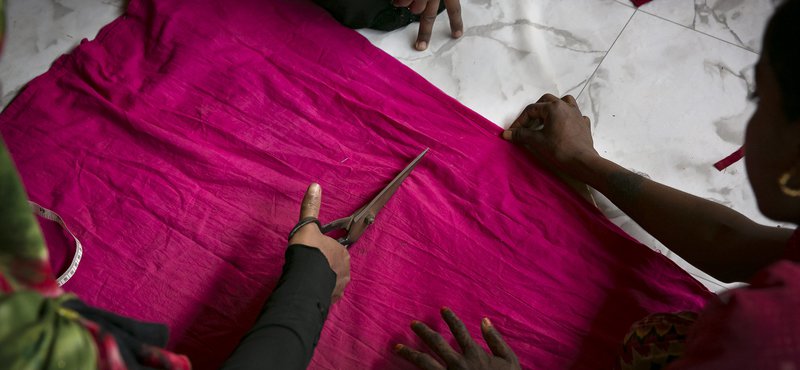Beyond survival: wellbeing in protracted crisis
Crisis-affected people do not perceive humanitarian aid as meeting their most urgent needs. Humanitarian action overlooks or ignores many aspects of what gives life meaning and value – questions of spirituality, sex and intimacy, social identity, or a sense of place – even as it is impacted by them.
The relationship between humanitarian assistance and well-being is especially important in the context of protracted crises. As aid moves beyond its immediate ‘life-saving’ mandate, the choices and trade-offs humanitarian actors must make increasingly concern the lives people are able to lead. This can lead to disconnects between what aid actors and affected people consider relevant and appropriate assistance.
To understand these issues, HPG will conduct research over two years in protracted crisis settings in Myanmar/Thailand, northeast Syria and the Democratic Republic of Congo. We will explore the aspects of life people deem important to their well-being, how these change over time, and how they vary across intersections of power and identity. We will then examine how far humanitarian action supports or hinders people’s well-being, looking at the kinds of lives that humanitarian aid supports and how aid sits within the wider network of resources people draw on to live meaningful lives. Overall, the research will explore how aid actors can create a better enabling environment for crisis-affected people to pursue well-being on their own terms.

Project team
-

Oliver Lough
Research Associate
-

Megan Daigle
Senior Research Fellow
-

Alexandra Spencer
Senior Research Officer